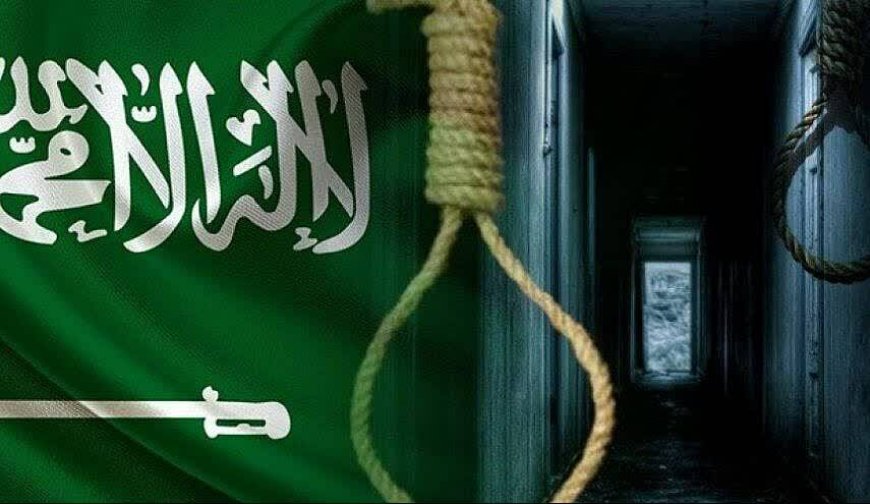The death penalty and social discord in Saudi Arabia
The death penalty and social discord in Saudi Arabia

By: H. Zaïm-Bashi
The recent execution of two Bahraini Shiites, "Sadiq Thamer" and "Jafar Sultan," has sparked a wave of outrage among human rights advocates who view their trial as unjust. Many observers describe the proceedings as an incredibly shameful display of Saudi Arabia's legal system.
According to the Saudi Ministry of Interior, the Shiite captives were allegedly affiliated with a "terrorist" organisation led by a person operating in Bahrain. The Saudi government has levelled baseless accusations against two individuals for allegedly attempting to incite unrest in Saudi Arabia and Bahrain.
According to the statement of a human rights official, it has been reported that the two Bahraini males were detained by the Saudi authorities in 2015. In a move that has sparked controversy, the Saudi authorities have reportedly detained a Sultan and a Thamer and subjected them to solitary confinement in the notorious Al-Dammam prison for over 100 days. Only after this protracted period of isolation were the captives allowed to communicate with their families. The incident has raised concerns about the horrible treatment of prisoners in Saudi Arabia and the country's human rights record.
On May 22, the Ministry of Interior of Saudi Arabia announced the execution of three young men hailing from the city of Al-Qatif, situated in the kingdom's eastern region. The region of Al-Qatif is home to a Shiite community subjected to politically motivated arrests and unfair trials. According to the report from the official news agency of Saudi Arabia (WAS), the identities of the three executed Saudi civilians have been disclosed as "Haider bin Hassan bin Abdullah Mowais", "Hassan bin Isa bin Ahmed Al Mahna," and "Mohammed bin Ibrahim bin Jafar Mowais." They were accused of receiving military training and bomb-making in overseas military camps while affiliated with a political movement opposed to the Saudi regime.
Many Saudis believe the recent execution of three citizens represents a continuation of the Saudi regime's oppressive tactics against the Shiite community.
According to Ibrahim, the death sentences have been drawn up in advance, with no opportunity for the victims to present a defence. Ibrahim maintains that these horrible atrocities harbinger the end for this Saudi regime, which desperately resorts to killings to quell the pro-democracy movement. A
In a similar move that has sparked an intentional outcry, the Ministry of Interior of Saudi Arabia announced on March 9, 2023, the carrying out of the death penalty against Haider Nasser Al-Thaifa, a young citizen of Qatif.
Meanwhile, a human rights organisation called "Reprieve", in cooperation with ESOHR, has been meticulously compiling a fresh report on covert executions taking place in Saudi Arabia.
Since 2015, when King Salman came to power, at least 11 children under the age of 18 have been arrested and executed in Saudi Arabia, contradicting Riyadh's claim that it is limiting the death penalty and adding that torture has become an epidemic phenomenon in Saudi prisons and even minor captives are subjected to it.
The latest report by the non-governmental organisation Reprieve has revealed that Saudi Arabia has carried out the execution of 147 civilians in the past year.
As we reflect on the state of our world today, it is clear that one of the most pressing issues of our time is the rampant disregard for human rights by governments across the globe. This troubling trend has resulted in the mistreatment of countless civilians, particularly among marginalised communities and ethnic minorities. Amid this global crisis, Saudi Arabia will remain at the top of the list when it comes to human rights violations.












































